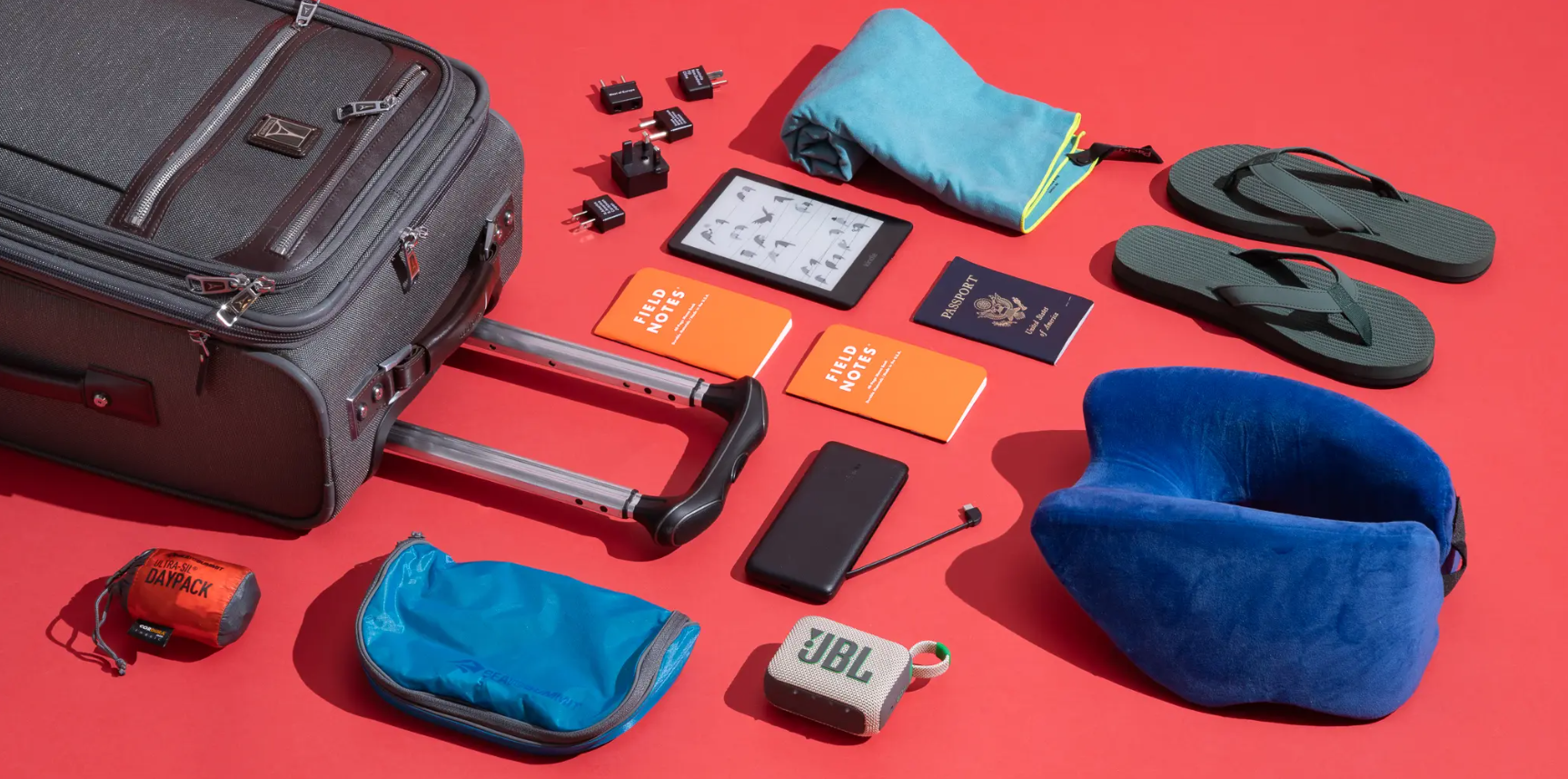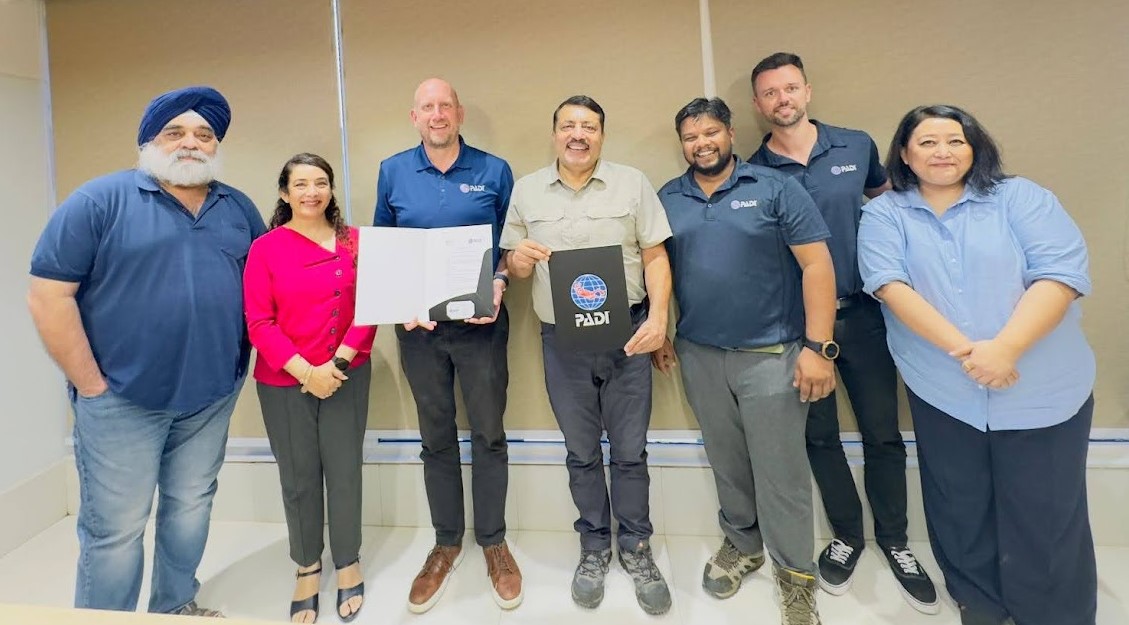The Problem With Hidden Travel Costs
Every traveller knows the joy of planning a trip down to the last detail—flights, hotels, attractions, and meals. But once you start the journey, unexpected expenses often creep in. A seemingly cheap flight gets expensive when baggage fees are added, a “budget” hotel ends up charging extra taxes, and tourist areas demand double the price for the simplest meals. What should have been a carefree holiday turns into an exercise in financial damage control. According to travel experts, smart travel is not just about booking the lowest fare or finding a scenic hotel. It is about anticipating hidden costs and building a strategy to minimise them. By being mindful, you can save more money for meaningful experiences rather than wasting it on unnecessary extras.
1. Check Final Hotel Prices Carefully
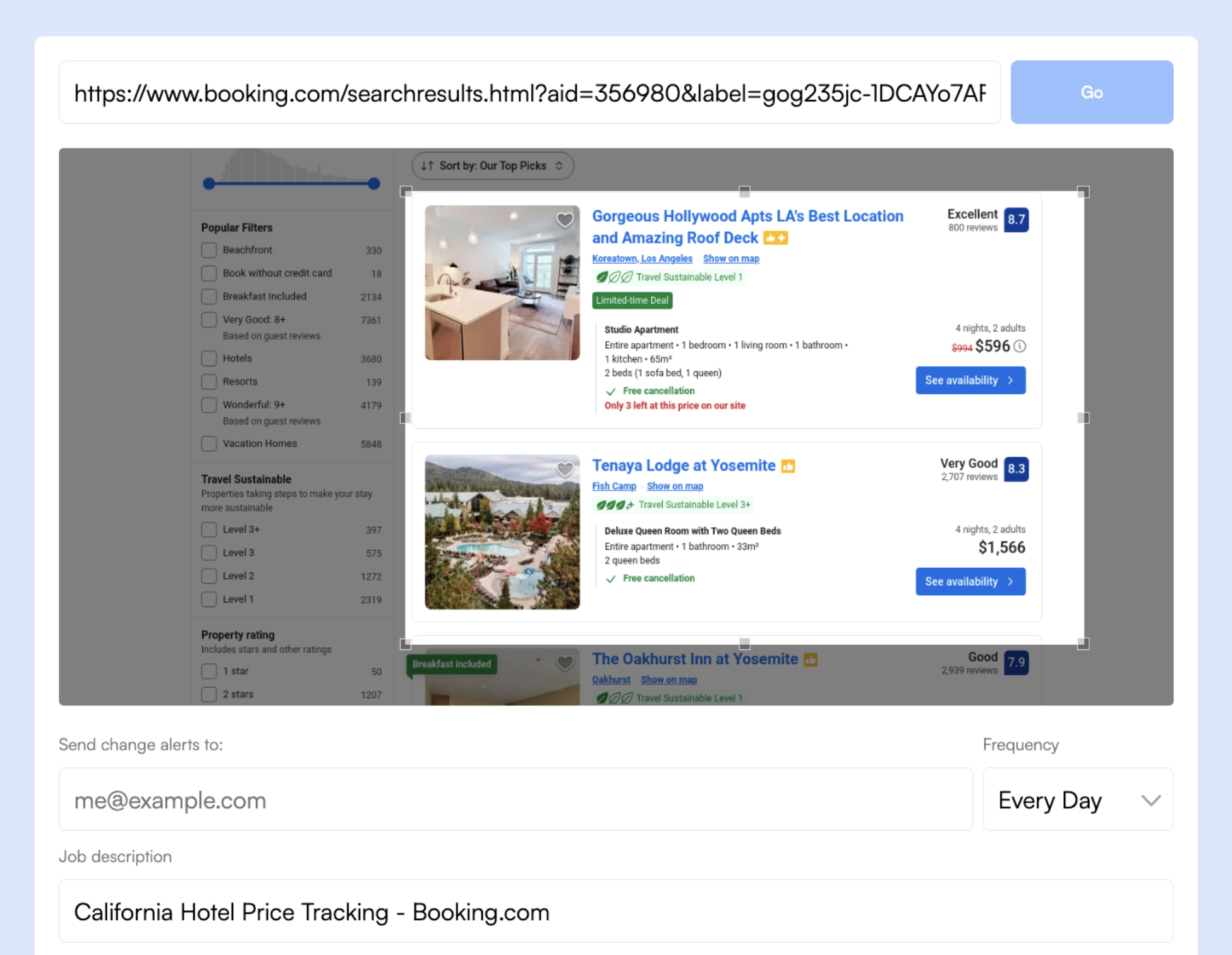
Hotels often attract travellers with a low base price only to surprise them with service taxes, GST, city surcharges and other hidden fees at the time of checkout. What seems like a good deal can quickly turn into a costly mistake when these charges are added. Always double check the final payable amount before confirming your booking. It is smarter to use trusted platforms that are transparent about all inclusive pricing and to filter search results accordingly. This way, you will not face unpleasant surprises when you arrive at the front desk or when the final bill arrives in your email.
2. Avoid Expensive Laundry Bills
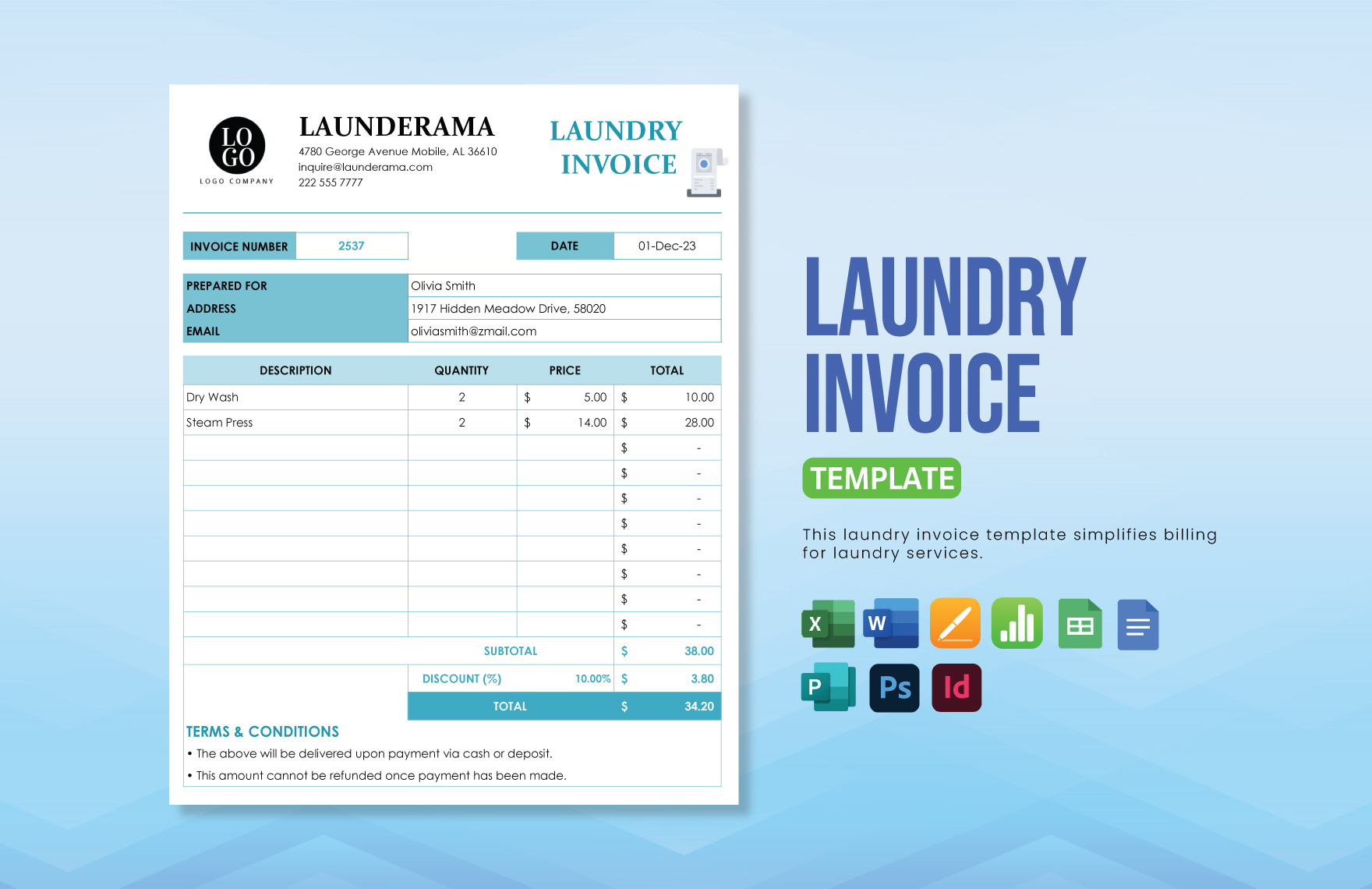
Hotel laundry services are notorious for charging steep prices, often billing you per piece of clothing. A small load of clothes can cost as much as a good meal. To cut these costs, pack versatile outfits that can be reworn in different combinations, carry compact detergent strips or a laundry bar, and wash essentials on your own when needed. For longer trips, explore local laundromats or small wash and fold services near your stay. These alternatives are far more affordable and free you from paying unnecessary amounts to the hotel.
3. Cut Down Local Transport Costs
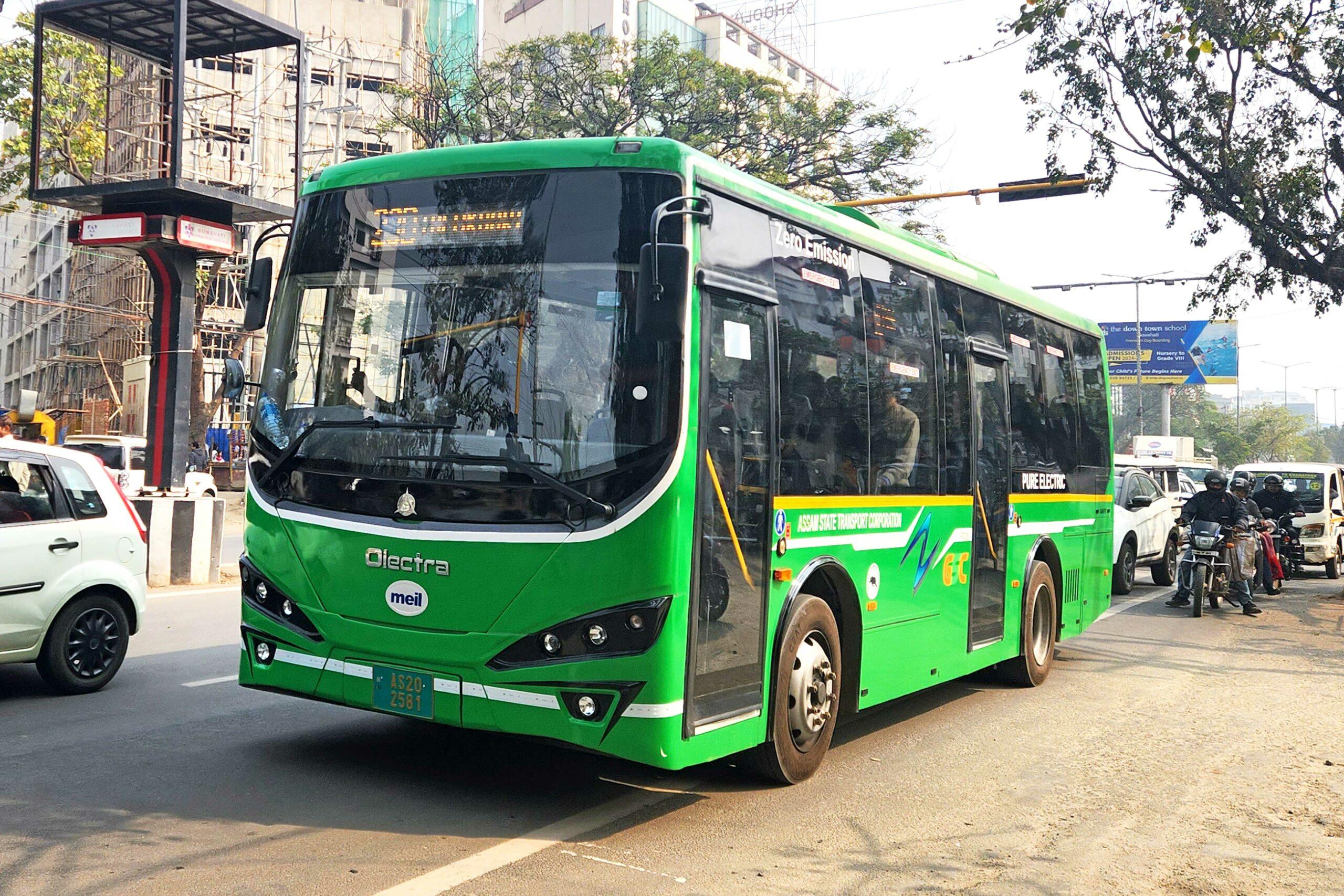
Once you reach your destination, local travel is where money often leaks unnoticed. Taxis, sudden cab bookings, tolls and parking charges may seem small individually but pile up quickly, especially in busy tourist areas. To save, rely more on public transport like metros, buses and trams which are budget friendly and often faster in congested cities. Renting a scooter or bicycle for short distances is another affordable option that also gives you freedom to explore at your own pace. Day passes for public systems are especially useful for travellers covering multiple attractions in a single day.
4. Steer Clear Of Convenience Costs

Tourist areas are filled with small but expensive traps such as airport snacks, bottled water near monuments and overpriced meals in cafes located right outside major attractions. These purchases may not feel heavy individually but they drain your budget silently. Carry a reusable water bottle that can be refilled at public stations or in your hotel, stock up on dry snacks from local stores before heading out, and eat at restaurants a little away from tourist hubs. These small steps save you a surprising amount and give you a chance to experience food the locals actually enjoy.
5. Watch Out For Camera And Entry Add Ons
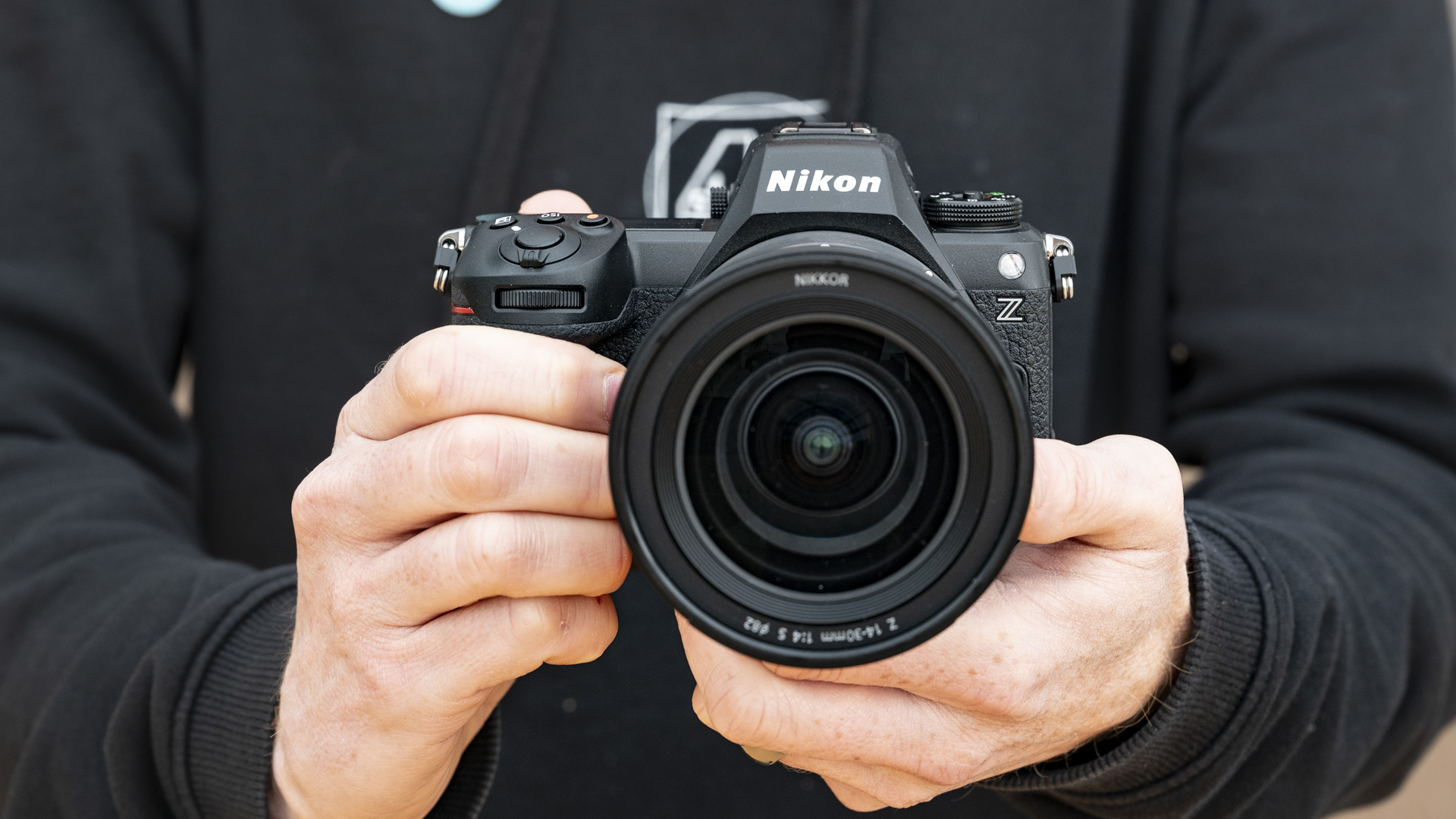
Some landmarks charge extra fees for carrying cameras, tripods or video equipment, even when entry fees are already high. If you are visiting multiple sites in a day, these extra costs can double your spending. Always check entry rules online beforehand so you know exactly what is allowed. Many cities offer tourist passes that bundle attractions together at a fixed price, sometimes waiving photography fees altogether. These passes are not only cost effective but also save you the hassle of repeatedly buying tickets.
6. Handle Tourist Pricing Smartly
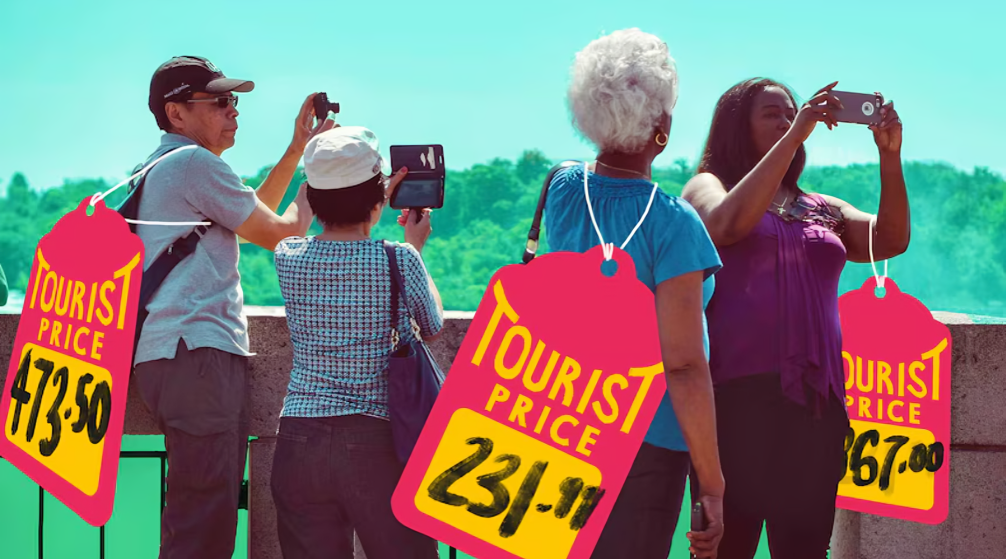
In busy tourist hubs, it is common for taxis, auto rickshaws or even small shops to inflate prices for visitors. A ride that costs locals a small amount may be quoted to you at double or triple the rate. To avoid this, depend on ride hailing apps that show upfront pricing or use prepaid taxi counters where fares are fixed. If these are not available, ask a local like your hostel staff or a café owner about the actual fare before agreeing to a ride. Renting your own bike or scooter can also give you independence and save money in the long run.
7. Avoid Hidden Platform Fees

Online platforms make it easy to book experiences like cooking classes, treks or walking tours, but they often add hidden convenience charges that push up the cost. When you are already on the ground, it is usually cheaper and more rewarding to book directly with local guides or operators. Not only do you avoid paying extra fees, but you also get more flexibility and the satisfaction of supporting local businesses directly.
8. Skip Souvenir Shops Near Attractions

The closer you are to a tourist hotspot, the higher the price of souvenirs, snacks and even simple meals. Shops outside landmarks often charge inflated rates, taking advantage of convenience. If you walk just a few streets away, you are likely to find more authentic shops at half the price. Local markets are the best places to buy keepsakes and try local snacks without burning your budget. Plus, you will discover items that feel more unique than the mass produced souvenirs sold near monuments.
9. Manage Currency And ATM Charges
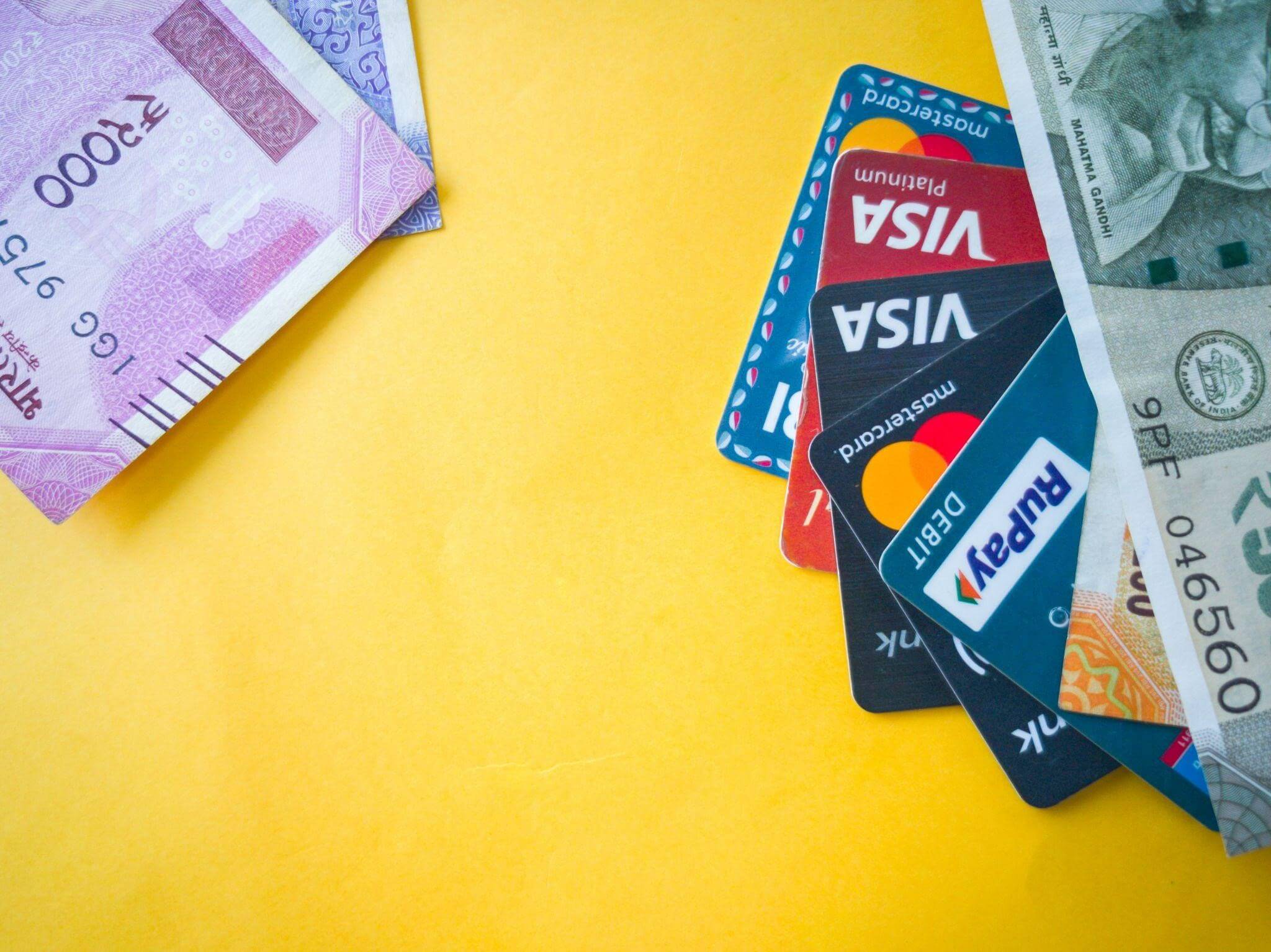
For international travellers, currency conversion fees and ATM charges can become one of the biggest hidden costs. Frequent withdrawals in small amounts increase transaction charges, while poor exchange rates mean you lose value without noticing. Use travel friendly credit or debit cards that reduce conversion charges and withdraw larger sums at once to cut down the number of transactions. Monitoring exchange rates before converting money can also help you save significantly over the course of a trip.
10. Stay Connected Without Paying Extra
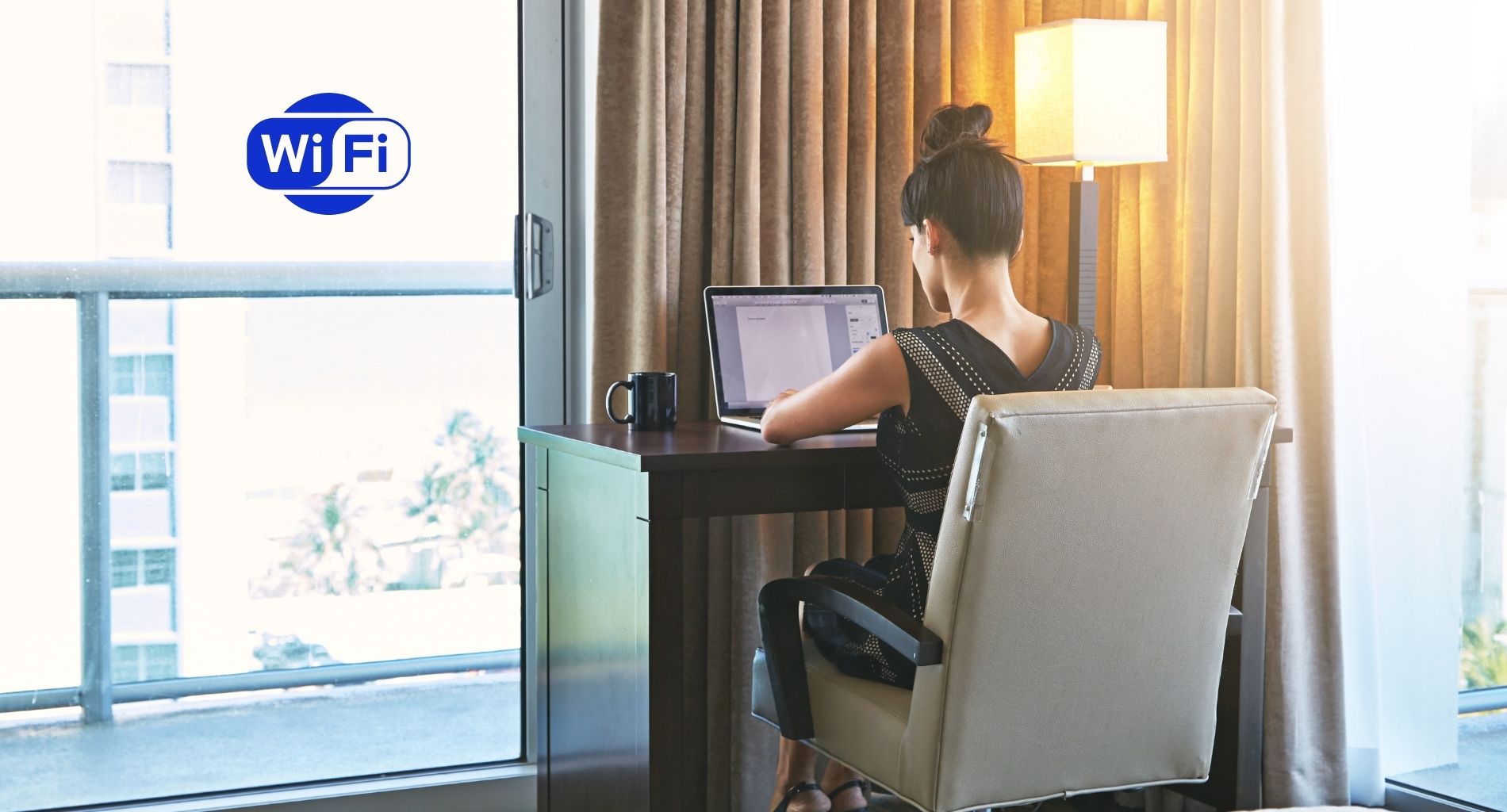
International roaming often costs a fortune and is rarely worth the price. Instead, buy a local SIM card or use an eSIM which offers more data and better service at a fraction of the cost. Before travelling, check compatibility of your phone with local telecom networks. Also, download offline maps and translation apps so you do not need internet constantly. Wi-Fi in hotels, hostels, cafes or co working spaces can handle most of your connectivity needs without draining your travel budget.
11. Avoid Extra Baggage Costs
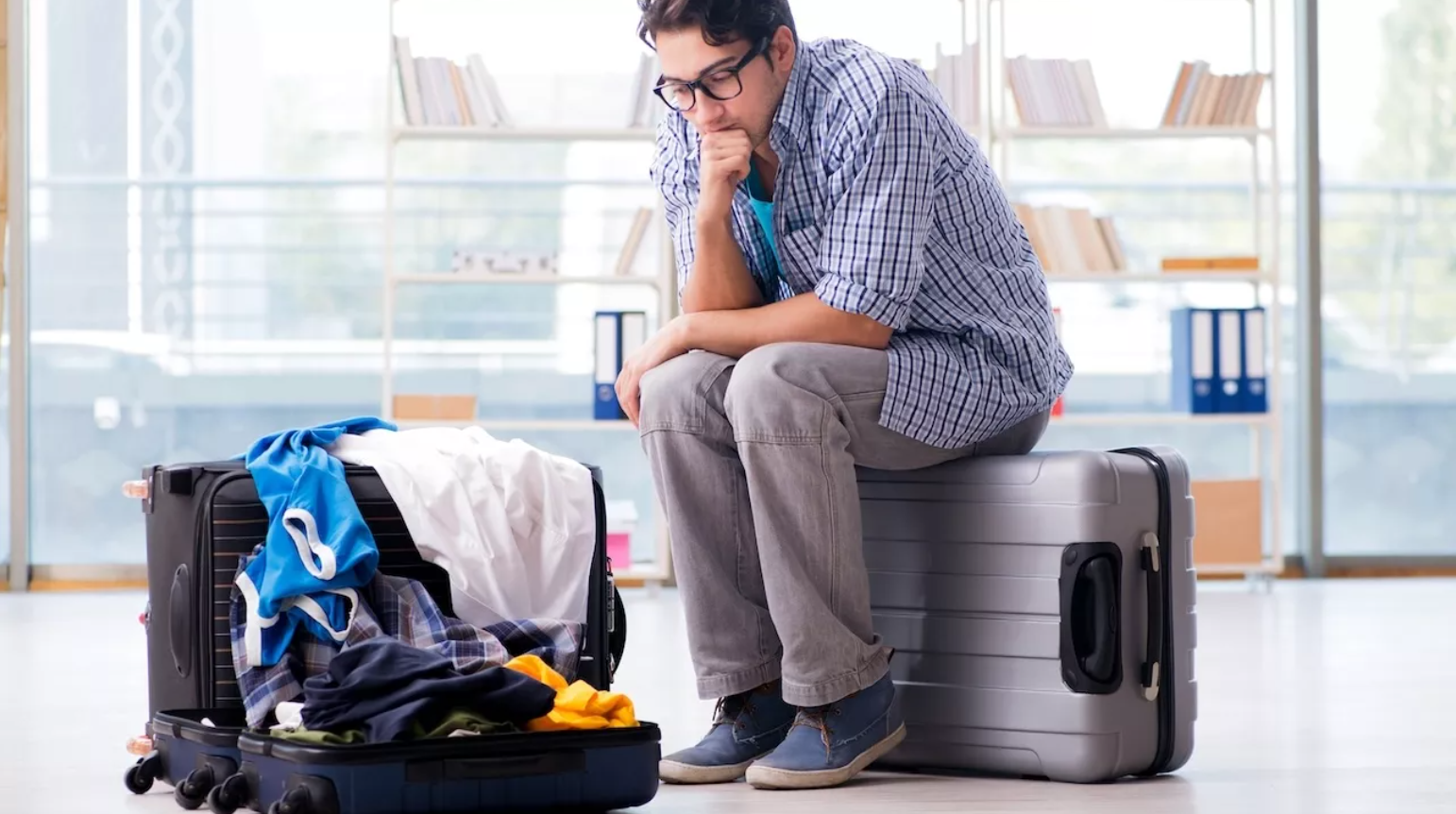
Budget airlines advertise cheap fares but earn heavily through baggage fees. Even a small excess weight can lead to hefty charges at the airport. Know your airline’s baggage allowance in advance and pack accordingly. Try travelling with just a carry on bag whenever possible, using packing cubes to stay organised and leaving room for souvenirs. Choosing lightweight clothing that can be mixed and matched will reduce the need for excess luggage. Smart packing saves you money and makes moving between cities much easier.
Smarter Travel For Stress Free Holidays
The real difference between a stressful trip and a smooth one lies in preparation. By factoring in hidden costs and making mindful choices, you ensure your budget is spent on experiences that matter. Whether it is enjoying a local meal, exploring cultural spots, or taking in breathtaking views, smart money management makes the journey far more fulfilling.
Follow Travel Moves on Instagram and Facebook for more travel hacks, destination guides and insider tips to help you travel better, cheaper and smarter.

